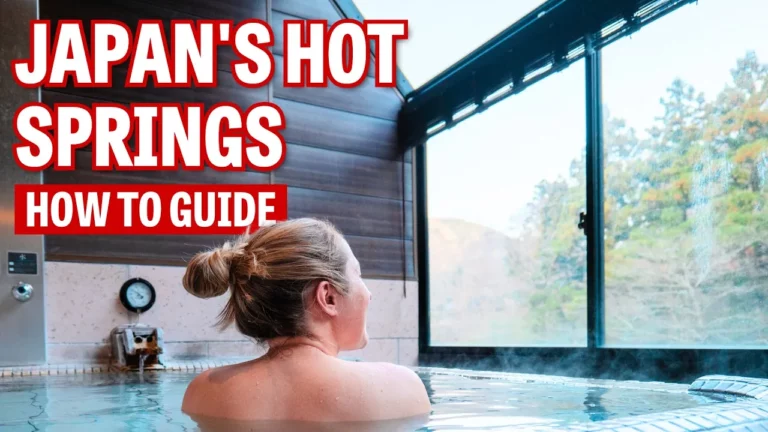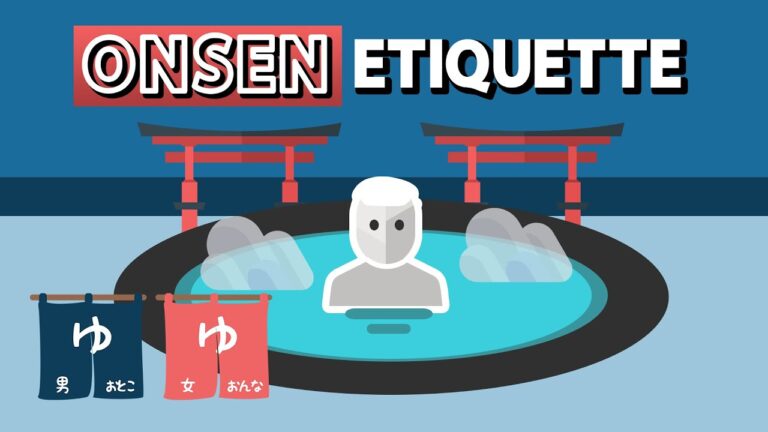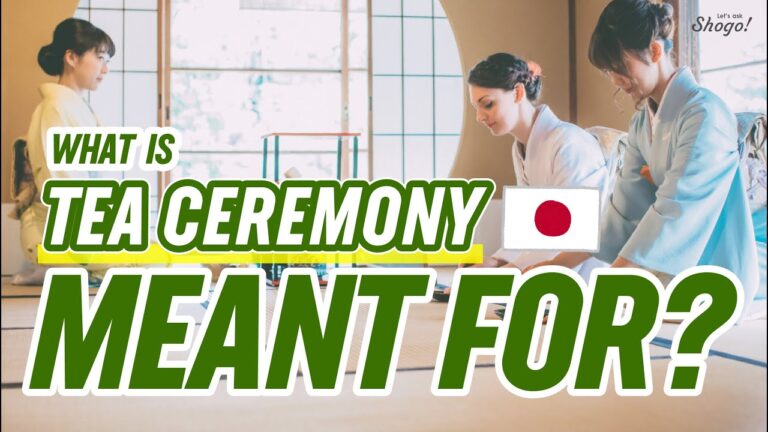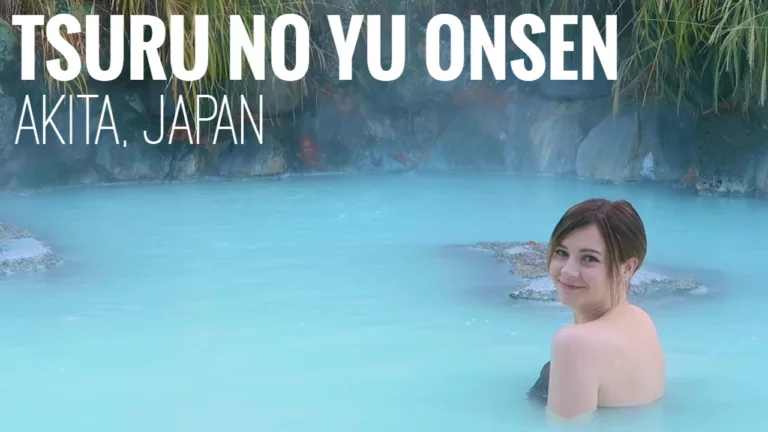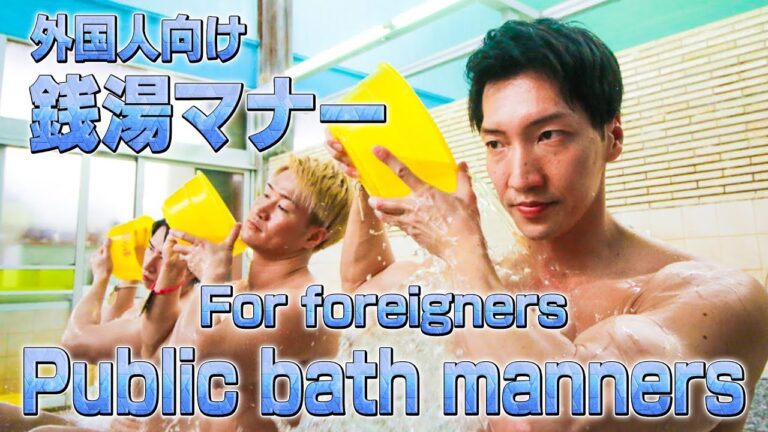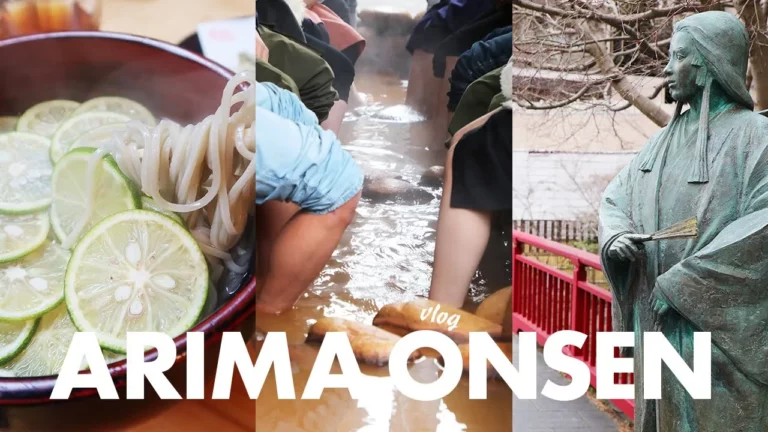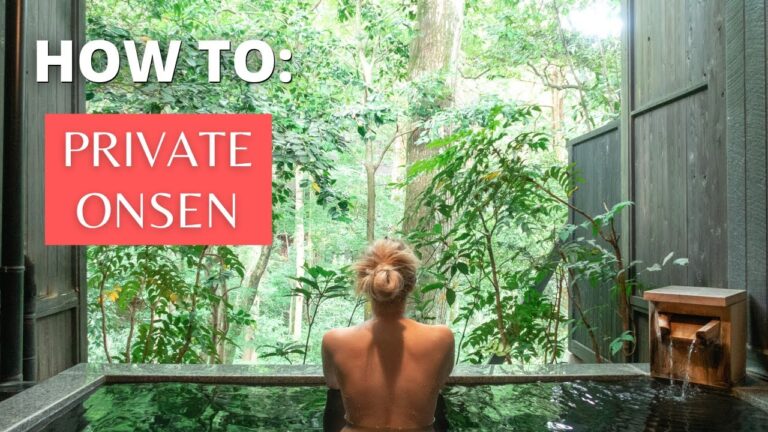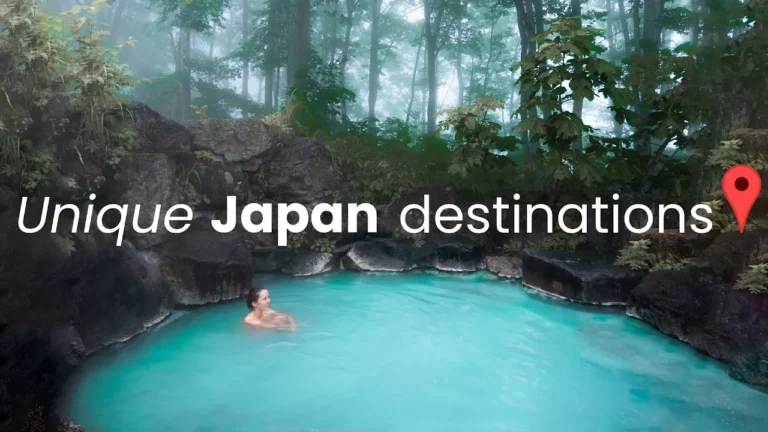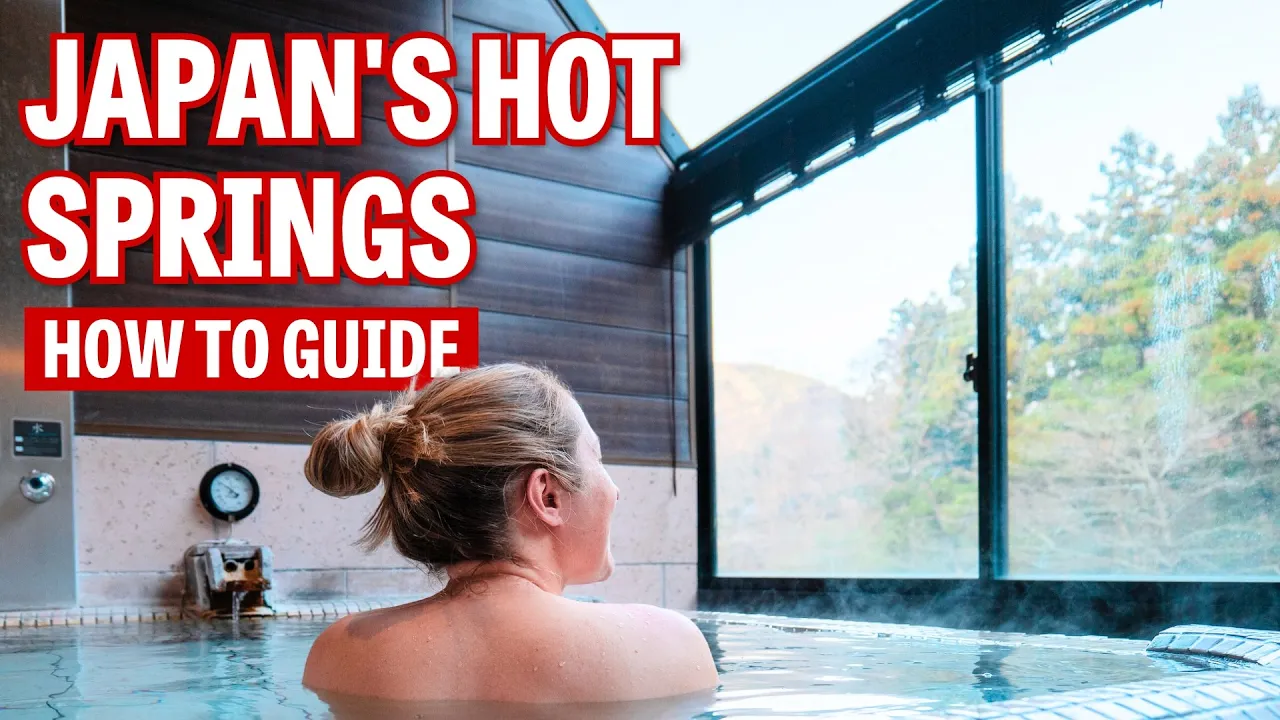
Japan’s onsens are not just serene spots for relaxation; they embody a significant cultural experience that visitors should embrace. These natural hot springs are woven into the fabric of Japanese life, catering to both residents and travelers who wish to unwind while enjoying the landscape. However, if you’re new to onsens, the myriad of rules and customs may appear daunting. This guide seeks to demystify the onsen experience, equip you with essential knowledge, and ensure you feel like a pro the moment you step into the steamy water.
Firstly, it’s essential to familiarize yourself with different types of onsens. Public onsens, usually gender-separated, offer a wide variety of baths, including both indoor and outdoor options. Outdoor onsens provide an unforgettable experience to soak while immersed in the natural scenery. For those seeking more privacy, many Japanese inns feature onsen facilities. You can either book a room with an attached private onsen or reserve a shared private onsen for a set time.
Let’s look at the process of enjoying an onsen. Upon arrival, you’ll notice entrances marked by blue and red curtains indicating gender-based baths. After entering the changing area and securing your belongings, you will undress completely—this can feel intimidating, but it’s a common practice. Always bring two towels: a larger one for drying off later and a smaller one to use within the bathing area—just remember, the smaller towel shouldn’t go in the water.
Prior to stepping into the hot spring, hygiene is paramount. You’ll find washing stations equipped with stools, showerheads, shampoos, and soaps. Thoroughly cleaning yourself is a critical step that ensures the sanctity of the onsen water.
When you finally enter the onsen, allow the warmth to envelop you. Maintain a calm atmosphere—this isn’t a place for splashing or making noise. A crucial etiquette point is regarding hair—if yours is long, tie it up to avoid contamination in the water.
Families with children are welcome in many onsens, though there are restrictions based on age. Generally, children under seven can accompany their parents into gender-segregated baths. While tattoos can pose a challenge at public onsens due to longstanding cultural perceptions, many now offer solutions such as skin-colored stickers to cover them. Additionally, many private onsens are tattoo-friendly, allowing for a completely relaxing time without concerns.
To make the most of your onsen experience, observing others is advisable. This can help you grasp the unwritten rules and enjoy your time in the steamy embrace of the hot springs. Don’t forget to check for tattoo policies in advance and consider booking private options if necessary.
In summary, the onsen experience is a harmonious blend of relaxation, cultural appreciation, and natural beauty. With these tips in mind, you are now well-prepared to dive deep into one of Japan’s most emblematic experiences—happy soaking!
